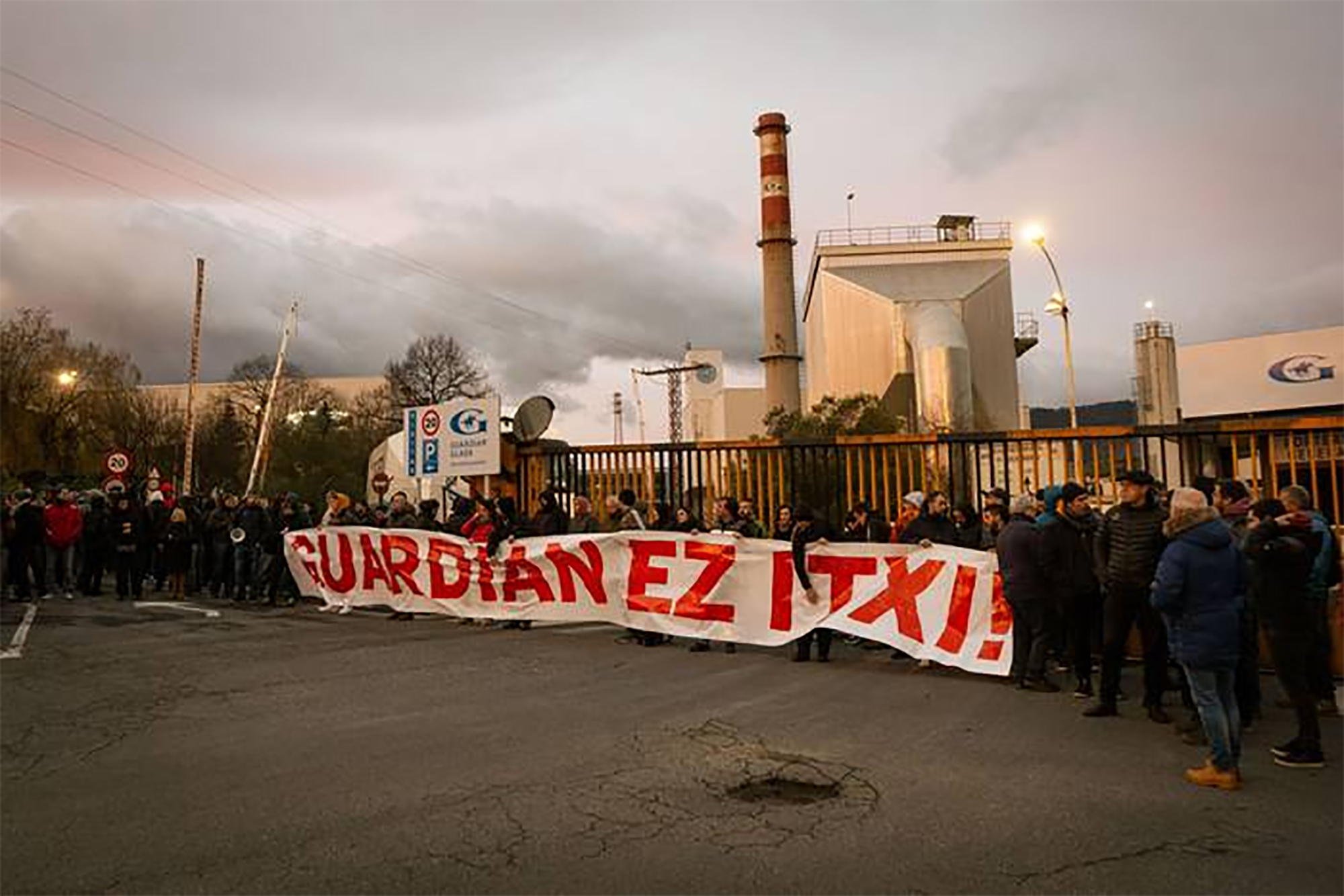I've met eight strong women
- The ELA trade union proposed at the end of 2017 the publication of the book Argia to the communication project. The workers of the private residences of Bizkaia took a total of 378 days of strike. The long, hard struggle lasted for almost two years, and they won. The union wanted some Argia journalist to write. In the writing I was offered caramel to myself and I made the gift very comfortable.

Women are the protagonists of a mass strike, working women, who work continuously in the residences, called habitual caregivers. Those women had beautiful information to give it to me, I kept the book full of content, but it would have been many more than just informers. They would tell me what they lived and suffered almost two years on the street, at work and in the union, through the bowels, each of them would explain the strike in its own way.
Soraya García is the union delegate liberated from the residential sector. It was he who proposed to me the eight striker women I was going to interview. He knows the eight well: Aitziber Tolosa Contreras, Ainhoa Menéndez Llamosas, Kontxi Rodríguez Palacios, Marisol Rueda Espinha, Maribel Sampedro Martínez, Marina Costa Bonome, Lara Góngora Góngora and Verónica Aguado Otero.
I didn't know any of them and, looking at the enumeration of the names, I started to imagine their struggles and their lives, although it was a futile exercise. How many years have you been working in the future? How old are they? Since when are they complicated in labor conflicts or feminist struggles? Or are they a little newbie in the world of unionism?
They don't just want to talk about the strike
I picked up the phone and called. It has occurred to me to visit the peaceful cafes in the area of Bilbao, to make long and quiet interviews, so that the interviewees are as comfortable as possible. Here is the first surprise: from eight I interviewed seven of them at the ELA headquarters in Bilbao, on the 5th floor they know very well; I visited Soraya and took the bull by the horns.
During the first two or three interviews, I had a cold sweat. Soraya said: “Ask for the strike, for the strike, for the strike and for the strike, to tell me how they have lived it.” Talk about strike? Indeed, they have done so, but it has taken many minutes to talk about the situation in which the work centre was located. They have many things to count on and need to vent: the difficult and bad relationships with the director or those responsible for the residence, the good and not so good relationships they have had and have with colleagues, the physical exhaustion of the care work, psychological exhaustion… With these two and three interviews I have realized that in vain I am trying to talk only about strike, they live for years in their work centers. They want to talk about the triumph of the strike, but also about the failure of every day. And we haven’t asked them too much about their personal life, but Maribel, Marina, Aitziber… of the 2016 strike cannot be understood without some hints of their biography. Sometimes we've been told without having asked.
Twisted folds, smile on the lips
Before I do the interview, I tried to symbolize the tone. Will there be conversations I can cry in? Will they get angry? To blaspheme the men and women who have the command pole in their workplaces and in the employers? Look, another surprise. The smile has smiled for almost the entire interview. One of them will tell me a broad smile that in his day practically managed to become a union delegate, but before this happened the director fired him. Another will tell me, as if it were the most natural thing in the world, that he was trying to go and urinate, because he had a huge workload and they didn't even have the opportunity to rest. Another will confess to me that it was difficult to find clean panties at home on strike days. I said: Do these women not realize the amount of repression, lack of respect, precariousness, machismo… they have lived for so many years? How can you explain these kinds of experiences with patience and smile?
They are not innocent, no, they are brave and fighting. They know that, being a woman and a worker, they have suffered and continue to suffer many years of oppression. But how do you face them without a smile? Not everything is a smile. The joyful profile of more than one will be darkened by wet eyes for a moment… and after a moment of silence will resurrect the face again. It was a joyful, energetic face.
It's curious. The interviewer will not get wet in the most painful and hard moments of the story. On the contrary, emotions come to the highest when they talk about the strong solidarity of women, of a process of empowerment, of the victory of the strike. I would look at them, I would hear them, and I would say, What pieces of woman!
This article has been published by the journal Alda and we have brought it with the Creative Commons license.
The Department of Education doesn't understand why public employees have gone on strike. He's got to ask the LAB Syndicate. This union signed an agreement with the department in April 2023. Two years later they have also called for a strike because, unlike the previous ones, the... [+]
The year 2025 will lead to a general policy of establishing shorter working weeks, bringing low costs for new hires for companies and an effective direction of change in labour relations.
With the aim of complying with the Spanish government agreement, the reform to shorten the... [+]









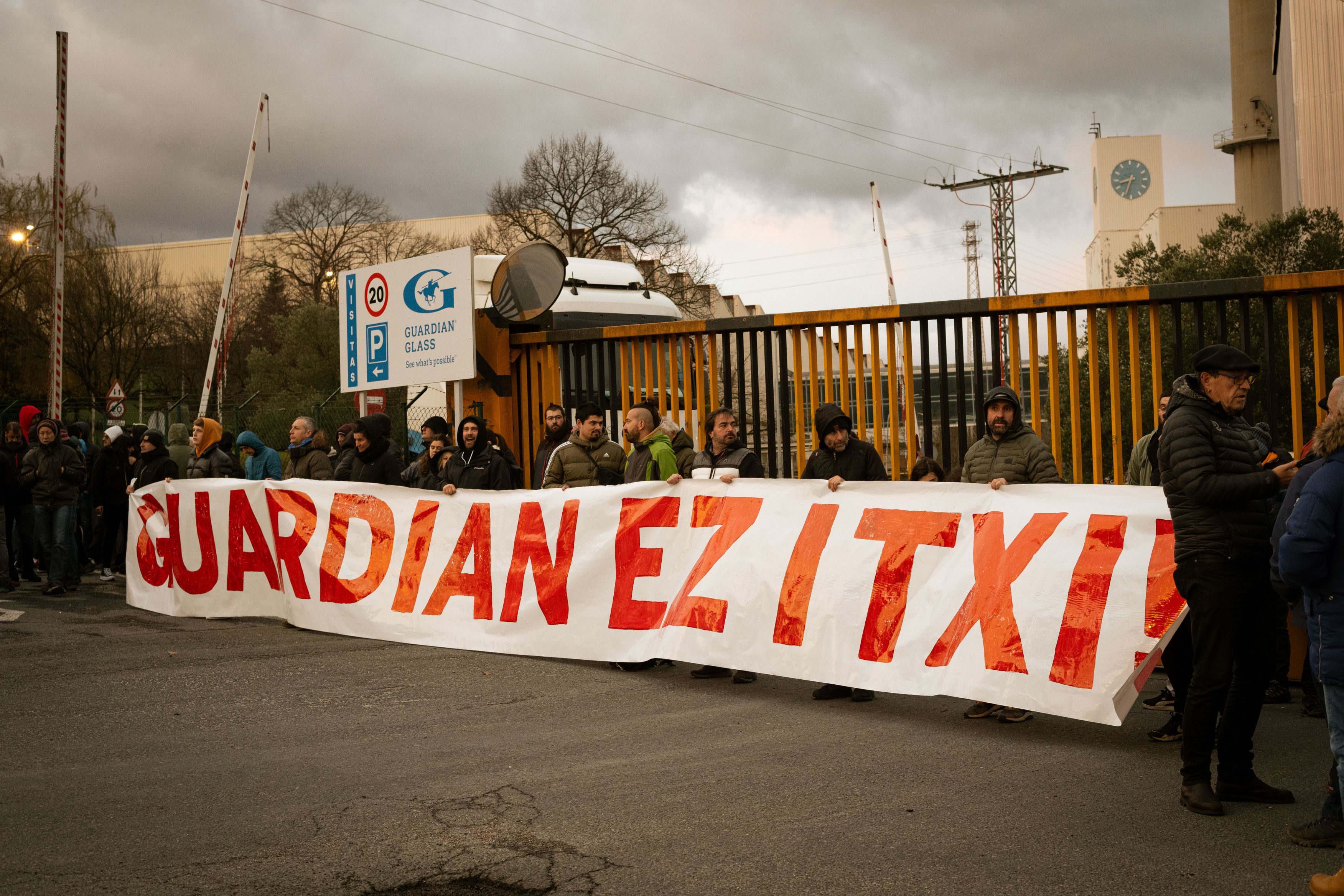
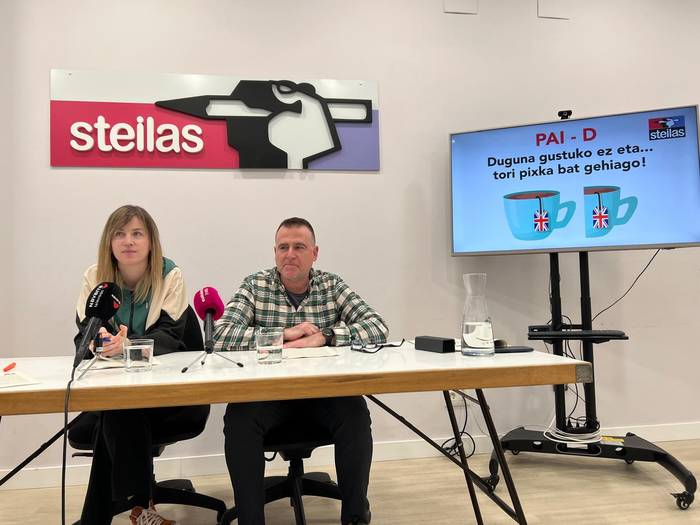
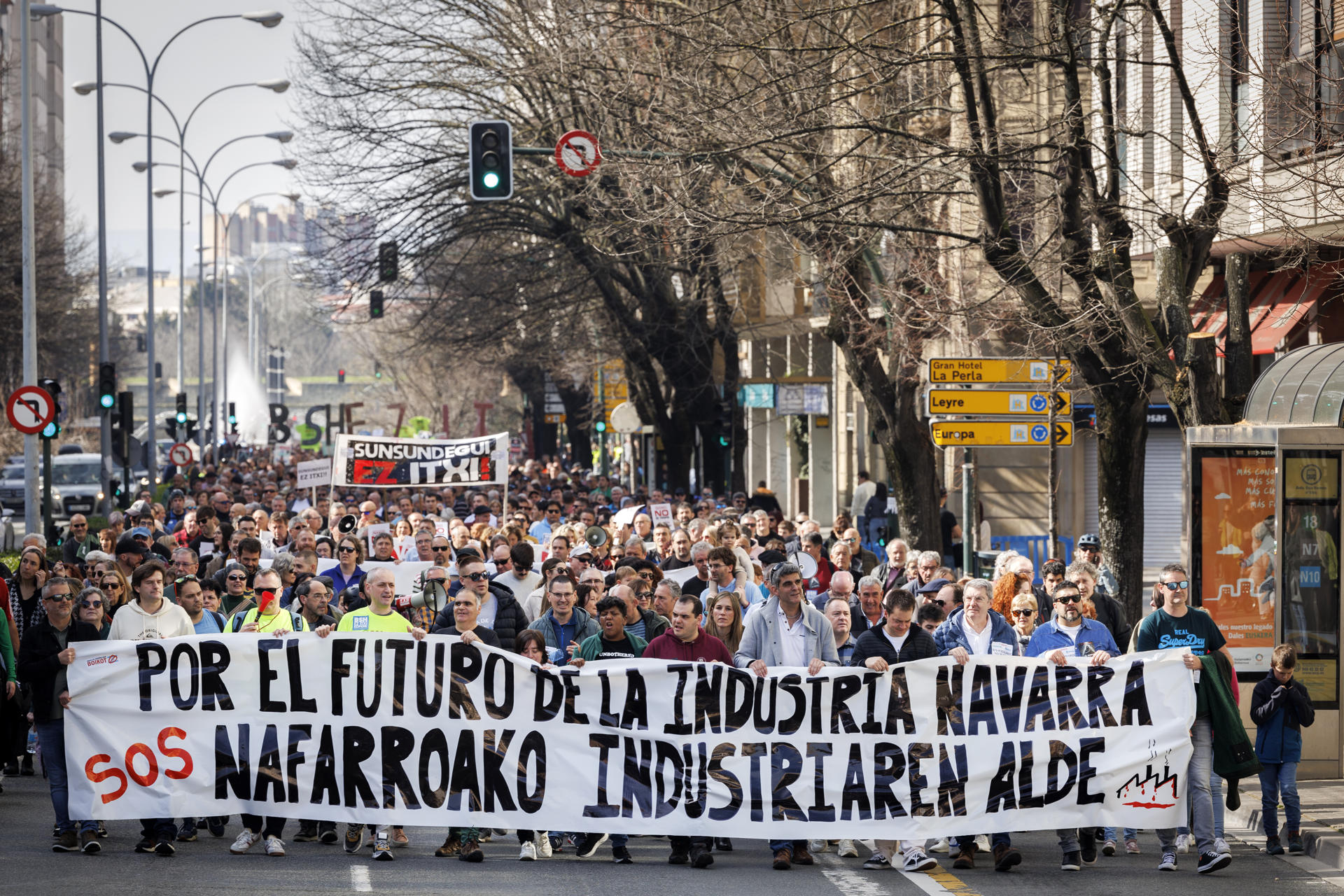

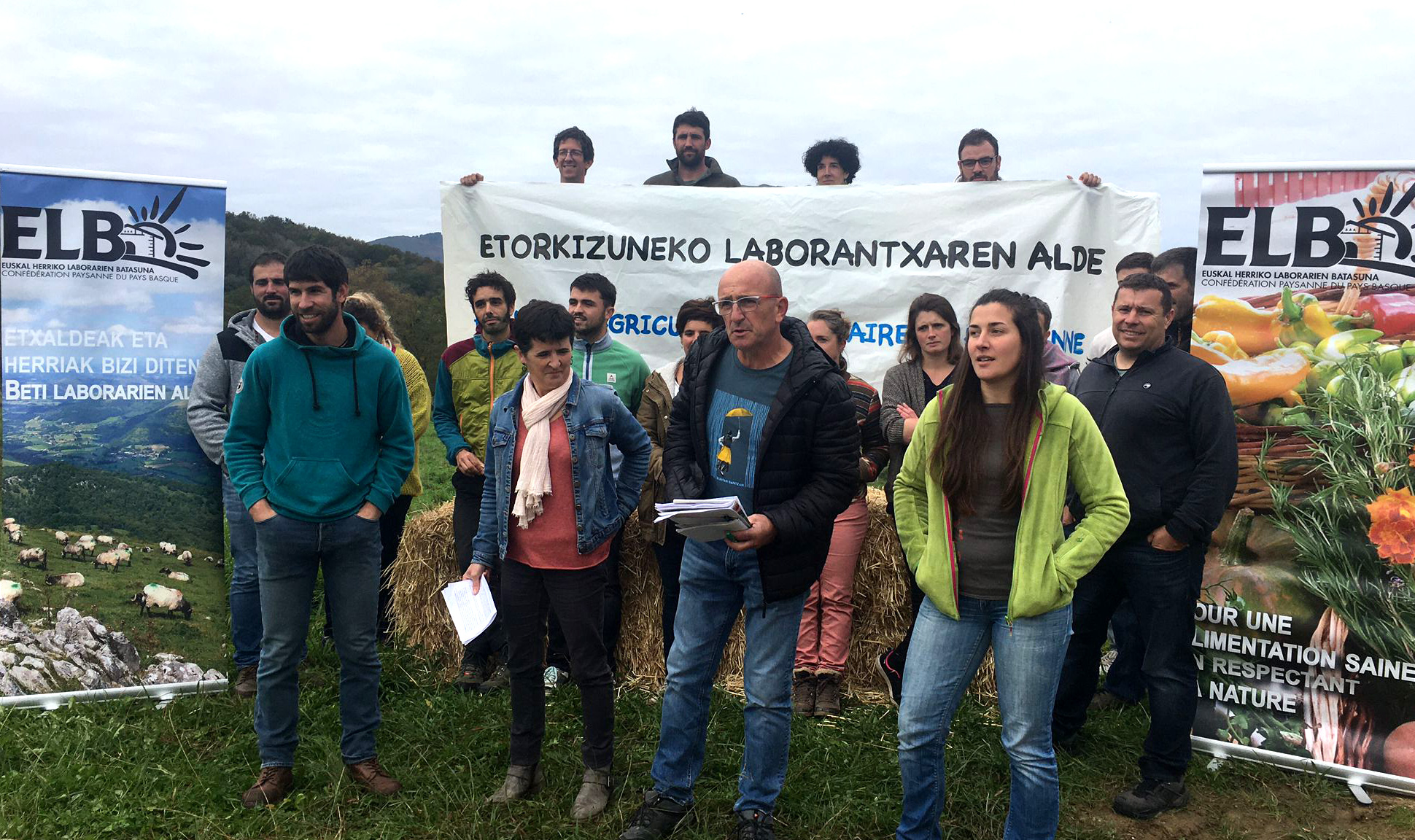
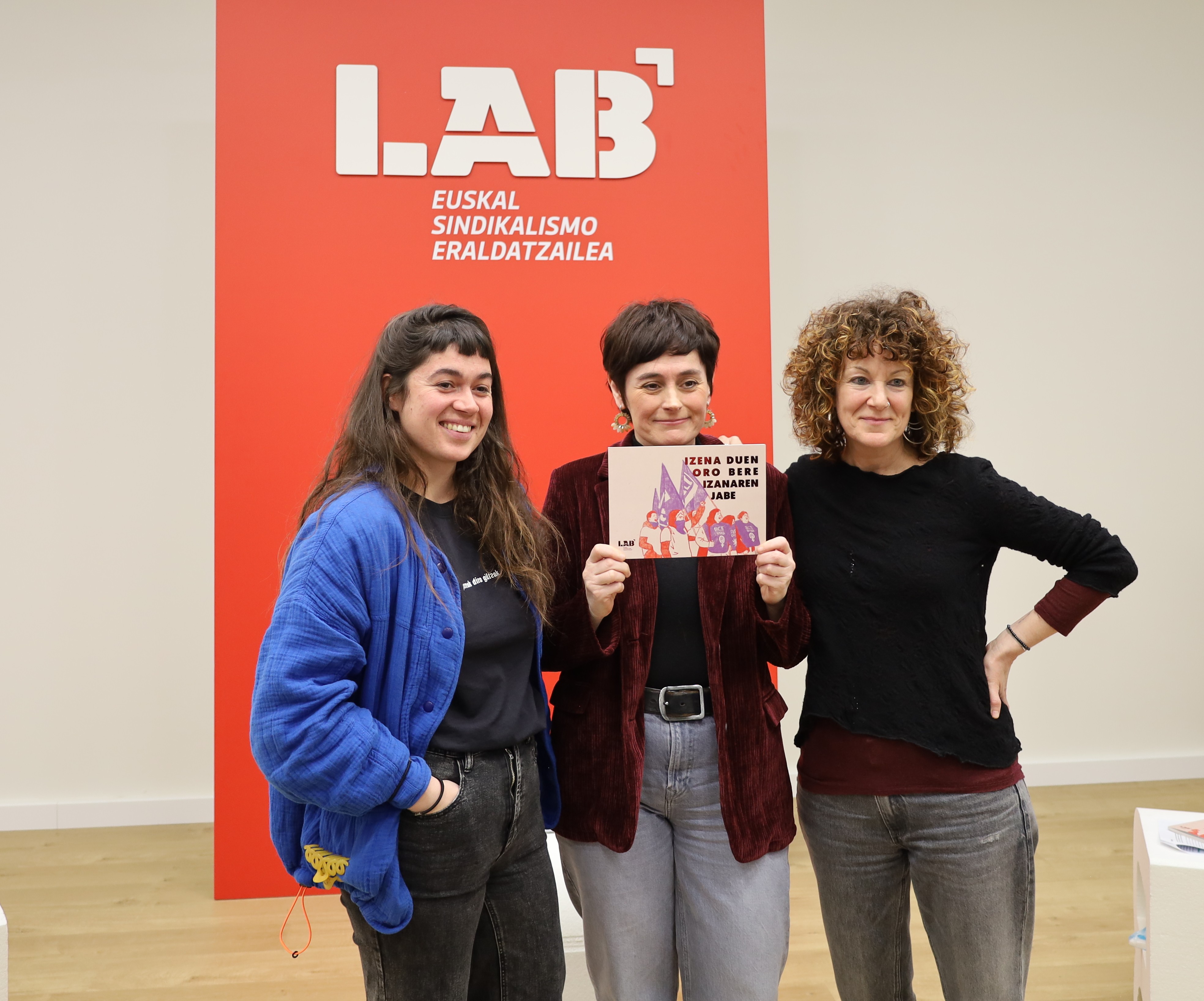

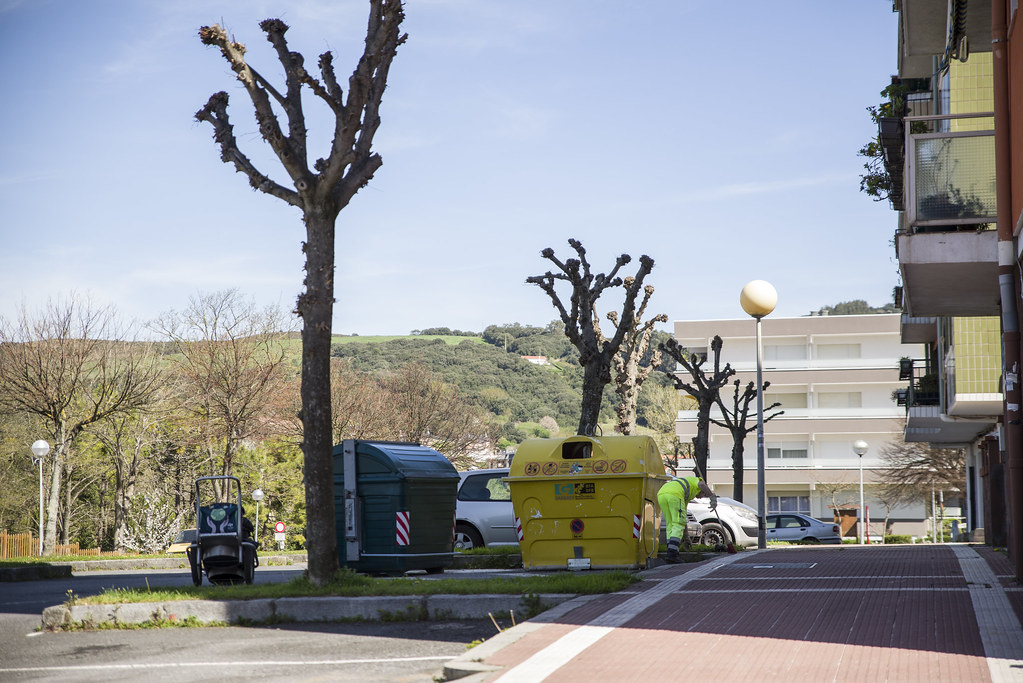
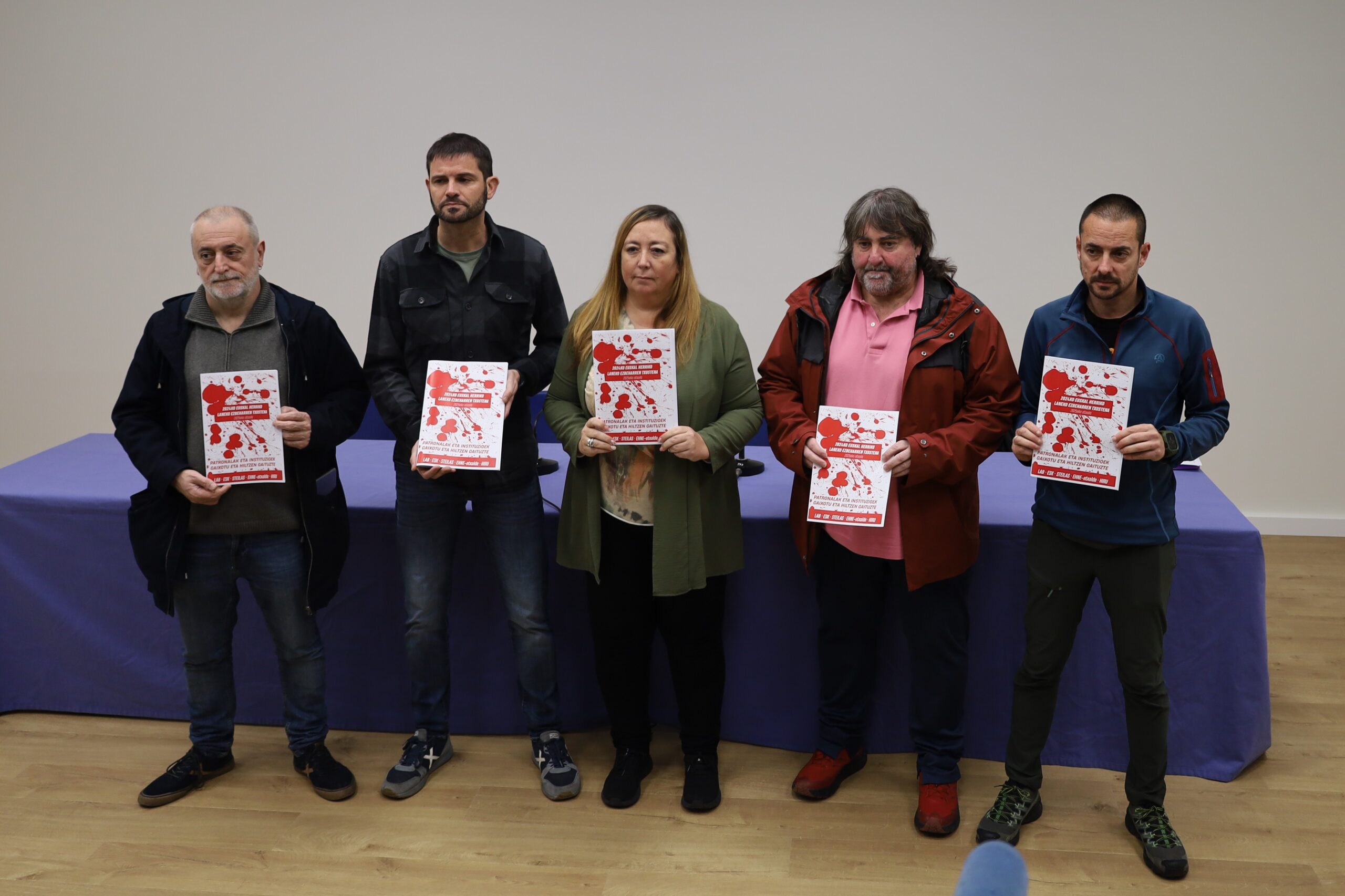

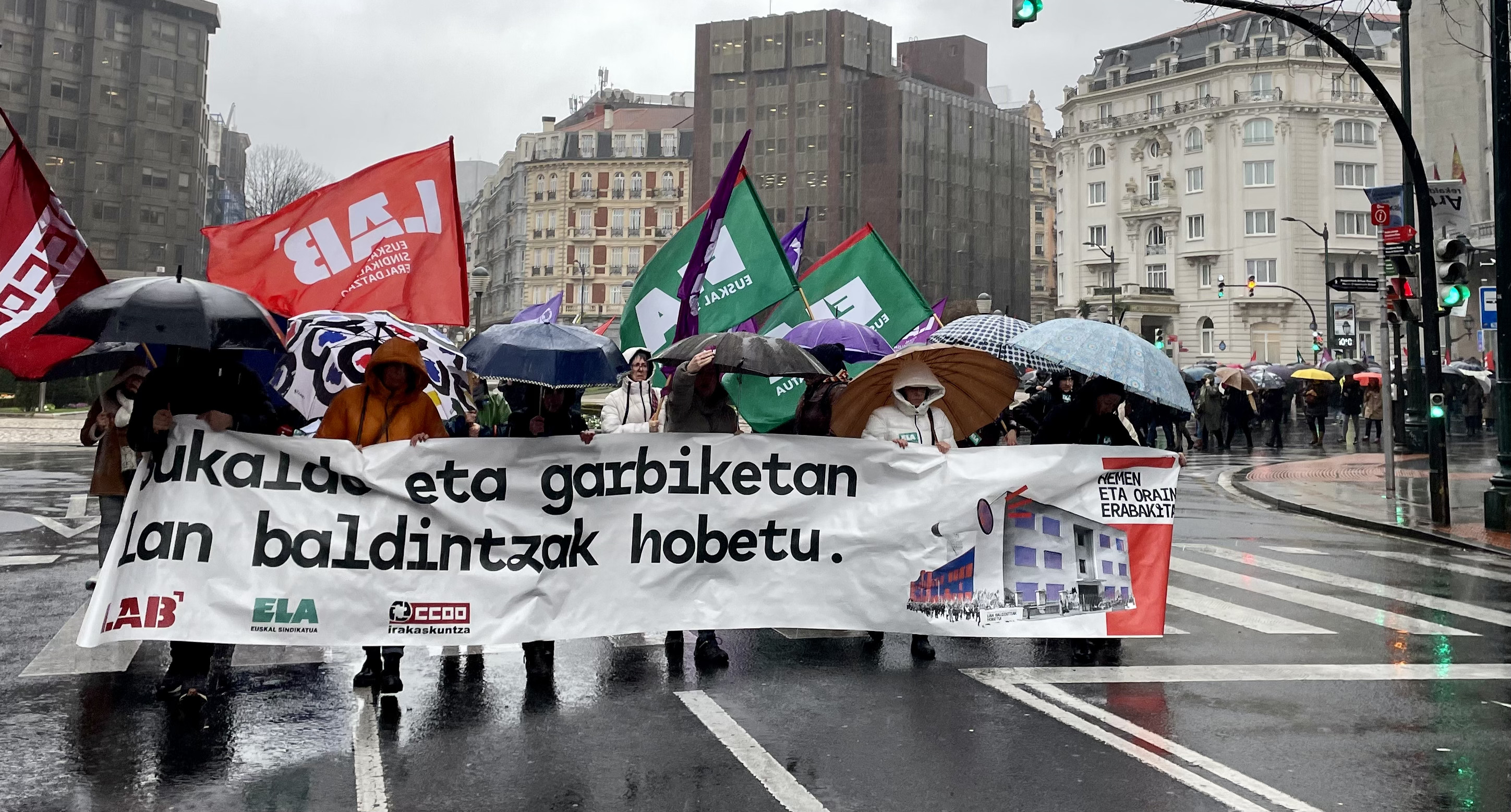
.jpg)

